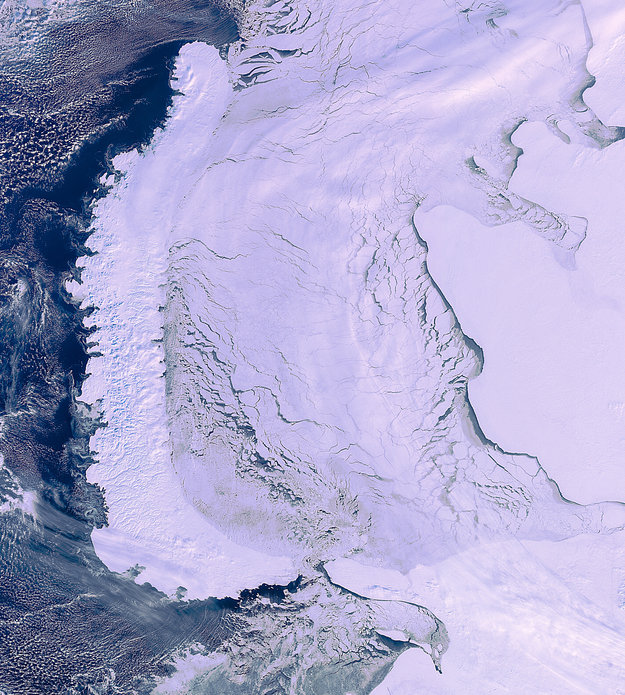Novaya Zemlya. Novaya Zemlya was the site of one of the two major nuclear test sites managed by the USSR, used for air drops and underground testing of the largest of Soviet nuclear bombs, in particular the October 30, 1961 air burst explosion of Tsar Bomba, the. A> animaciya-temy-11751.html'.
Contents • • • • • • • • • • • • • • • • History [ ] The Russians knew of Novaya Zemlya from the 11th century, when hunters from visited the area. For Western Europeans, the search for the in the 16th century led to its exploration. The first visit from a Western European was by in 1553. Dutch explorer reached the west coast of Novaya Zemlya in 1594, and in a subsequent expedition of 1596, he rounded the northern cape and wintered on the northeastern coast. (Barentsz died during the expedition, and may have been buried on Severny Island. ) During a later voyage by in 1821–1824, the western coast was. Was another explorer who passed through Novaya Zemlya while searching for the.

The islands were systematically surveyed by and during the early 1830s. The first permanent settlement was established in 1870 at, which served as capital of Novaya Zemlya until 1924. Later the administrative center was transferred to, in 1935 to, but then returned to Belushya Guba. Small numbers of were resettled to Novaya Zemlya in the 1870s in a bid by to keep out the. This population, then numbering 298, was transfered to the mainland in 1957 before nuclear testing began.
In 1943, during, Novaya Zemlya briefly served as a secret seaplane base for 's, to provide German surveillance of en route to. The seaplane base was established by and, which were operating along the northern coast of as part of. Seaplane sorties were flown in August and September 1943. Polnaya tablica sinusov kosinusov i tangensov. This section possibly contains.
Please by the claims made and adding. Statements consisting only of original research should be removed. ( December 2018) () In the months following Hitler’s June 1941 invasion of the Soviet Union, the United States and Great Britain organized convoys of merchant ships under naval escort to deliver Lend-Lease supplies to northern Soviet seaports. The Allied convoys up to PQ 12 arrived unscathed but German aircraft, ships and U-boats were sent to northern Norway and Finland to oppose the convoys. Convoy PQ 17 [ ] PQ 17 consisted of thirty-six merchant ships containing 297 aircraft, 594 tanks, 4,286 other vehicles and more than 150,000 long tons (152,407 t) of other cargo, six destroyer escorts, fifteen additional armed ships (among which were two corvettes) and three small rescue craft.
The convoy departed on 27 June 1942, one ship running aground and dropping out of the convoy. The convoy was able to sail north of Bear Island but encountered ice floes on 30 June; a ship was damaged too badly to carry on and broke radio silence. On the following morning, the convoy was detected by German U-boats and German reconnaissance aircraft and torpedo bomber attacks began on 2 July. On the night of 2/3 July, the German battleship and the heavy cruiser, sortied from Trondheim with four destroyers and two smaller vessels., Lutzow and six destroyers sailed from Narvik but Lutzow and three destroyers ran aground.
The responded on 4 July by diverting the escort vessels to the west to rendezvous with the Home Fleet and ordered the merchant vessels to scatter. Seeking safety in the Matochkin Strait, several ships headed toward Novaya Zemlya. S.A. Kerslake, a crew-member aboard the British trawler Northern Gem, recorded in his diary: [ ] we were making all haste for Novaya Zemlya, hoping that no German ships had arrived there before us. If they had, and it was thought that escape by sea was impossible, then the three trawlers would be run ashore on one of these God-forsaken islands. We could then salvage what we could from them and try to make our way overland and the sea ice, until we found a settlement, or until we reach the Russian mainlandnot a very charming or happy prospect to look forward to. [ ] When the Northern Gem approached Novaya Zemlya and neared the entrance to Matochkin Strait, it quickly reduced speed.